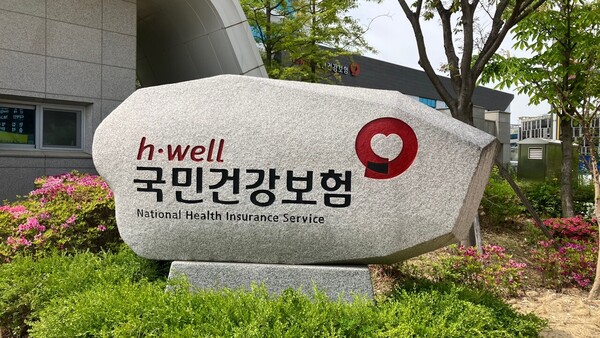
The National Health Insurance Service (NHIS) has published a study in an international journal, finding its long-term care family counseling support project, “COMPASS,” beneficial to the health of family caregivers of long-term care recipients.
The NHIS said Wednesday that the findings were based on a survey of family caregivers of older adults in long-term care who participated in the first pilot project of the COMPASS.
The Caregiver Orientation for Mobilizing Personal Assets and Strengths for Self-Care (COMPASS) provides caregiving training, social support, counseling, and connection to care resources, to ease the burden of caregiving and establish a support system for families caring for older adults in long-term care at home. The NHIS officially introduced the program in 2019 after conducting pilot projects since 2015.
The NHIS followed up with 416 of the 739 participants (203 in the experimental group and 213 in the control group) in the first pilot project from Oct. 12, 2015, to May 27, 2016, after the project ended to analyze whether the positive effects of the project were maintained.
The results showed a statistically significant decrease in depression and health risk behaviors, including insufficient rest and exercise, postponing medical visits, and poor diet, in the experimental group compared to the control group.
"This study confirmed that the positive effects of participating in the family counseling support project were sustained even after one year," said Han Eun-jeong, lead author of the study. "This is significant because the family counseling support project has become a key strategy to help beneficiaries maintain their lives in the community."
To secure the sustainability of the long-term care system in the ultra-elderly society, it is necessary to expand the family counseling support project, currently conducted at 174 operating centers nationwide, she said.
Han added that efforts should also be made to improve the quality of the support project by training personnel and strengthening education.
The study, "Long-term effects of a COMPASS program on the caregiving journey: 1-year follow-up in a randomized controlled trial," was published in the online edition of the international journal Gerontology.

